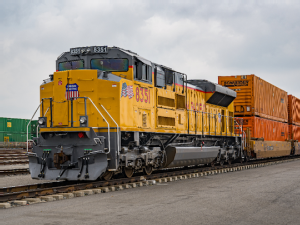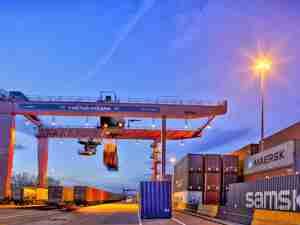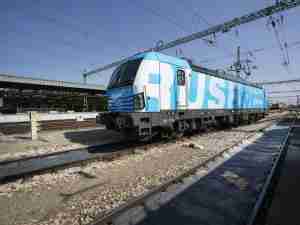As Transportation Secretary Pete Buttigieg addresses the U.S. House of Representatives Committee on Transportation and Infrastructure in what is anticipated to provide a critical jump-start to the long-past-due conversation about federal infrastructure investment, the National Association of Chemical Distributors (NACD) echoes the Railroad-Shipper Transportation Advisory Council (RSTAC) in urging Congress to ensure short line railroads are fully included in any new investment funding legislation.
In a letter submitted to Members of Congress today, the nine voting members of RSTAC, a group established to advise Congress and the administration “with respect to rail transportation policies it considers significant,” underscored the importance of investing in small railroads to ensure the most effective and efficient transportation system possible.
“Freight rail is a vital link in the chemical distributor’s transportation arsenal,” said NACD President and CEO Eric R. Byer. “Significant investment in short line railroads will lead to better connectivity, provide much-needed competition and enhance customer service for chemical distributors and other small shippers throughout the country.”
With continued consolidation of the freight rail industry, the lack of freight rail competition is costly to American businesses. This lack of competition often means only the largest companies that can pay the most are getting service from the Class I railroads. Smaller businesses, like many chemical distributors who supply nearly 750,000 end users in nearly every industry sector with products integral to Americans' daily lives, are often left with unreasonable rates, service denials, and disruptions. An invigorated short line rail system can provide much-needed alternatives to keeping goods moving for small shippers.
RSTAC, which is chaired by NACD member Mathew Brainerd, recommended buttressing federal grant programs for which short line railroads are eligible, including z(CRISI), Better Utilizing Investments to Leverage Development (BUILD), and Infrastructure for Rebuilding America (INFRA), in addition to potential new grant programs, as part of any introduced infrastructure legislation.











